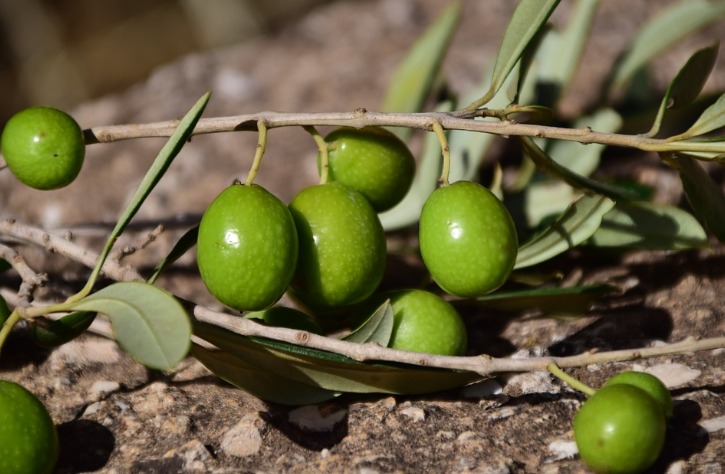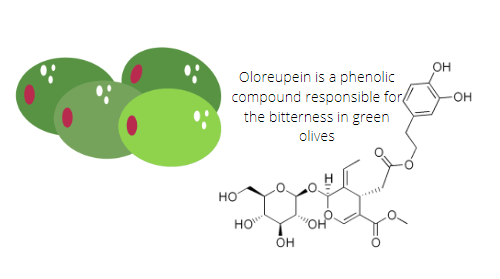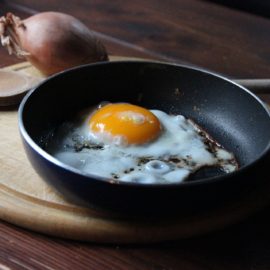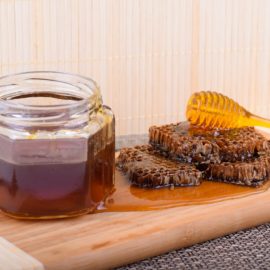
It is true that olives taste so bad, and a lot of people hate them. Olives are naturally very bitter because of a substance called oleuropein, the most prevalent in olives during harvest. Oleuropein is an antioxidant and a phenolic bitter compound that olives are rich in—the leaves, skin, seeds, and flesh. Moreover, olives contain a low sugar concentration of 2.6% to 6.0% and a high oil content of 10% to 30%. These characteristics prevent olives from being consumed directly. In order to make the fruit more edible, oleuropein is removed.
During the entire debittering process, the main transformation involved is chemical hydrolysis of oleuropein, which transforms into elenolic acid and hydroxytyrosol. This reaction is rapid at a temperature of of 104°F( 40 °C) and at a pH value of 2.8.
,
You might also like: Lactic Acid Fermentation: An Overview

The washing method involves repeated washing of the olives for 1 to 2 weeks to remove oleuropein as much as possible. While washing alone removes some of the bitterness, curing and fermenting in brine for around 6 weeks may subsequently be necessary to improve the flavor.
Traditional methods have several disadvantages.
First, washing uses up a lot of water due to several replenishment. Second, Oleuropein extraction considerably takes a lot of time (weeks to months). And lastly, brining leaves plenty of sodium in the resulting product. Brining also allows the formation of new taste and flavor as salt-resistant microorganisms acidity the olives.
Modern debittering processes are more efficient. While traditional soaking needs up to 2 weeks to complete, modern soaking requires only an hour or 2. Industrial-scale soaking involves soaking unripe olives in huge tanks of lye. This method produces firm olives, easy to sliced, but the taste can be bland or with a chemical aftertaste. Olives produced by this method are often canned or added as pizza toppings.
One type of olive is Greek Spanish-Style olives
In Greek Spanish-Style olives, debittering starts by lye treatment, which consists of a NaOH solution of around 2% to 3.5% w/v. For most cultivars, the treatment lasts for 7 to 8 hrs. Some sensitive cultivars require treatment of more than 10 hours. After the lye treatment, the brining in a 10% to 12% NaCl follows. The brine may also be added with organic acids to lower the pH to prevent the growth of spoilage microorganisms and encourage the growth of lactobacilli, which are prevalent in green olives. The fermentation process improves the overall palatability of the olives.
References
Y. H. Hui, E. Ozgul Evranuz (2012). Handbook of Plant-Based Fermented Food and Beverage Technology (2nd edition). CRC Press.
M. Shafiur Rahman (2002). Handbook of Food Preservation (2nd edition). CRC Press.


